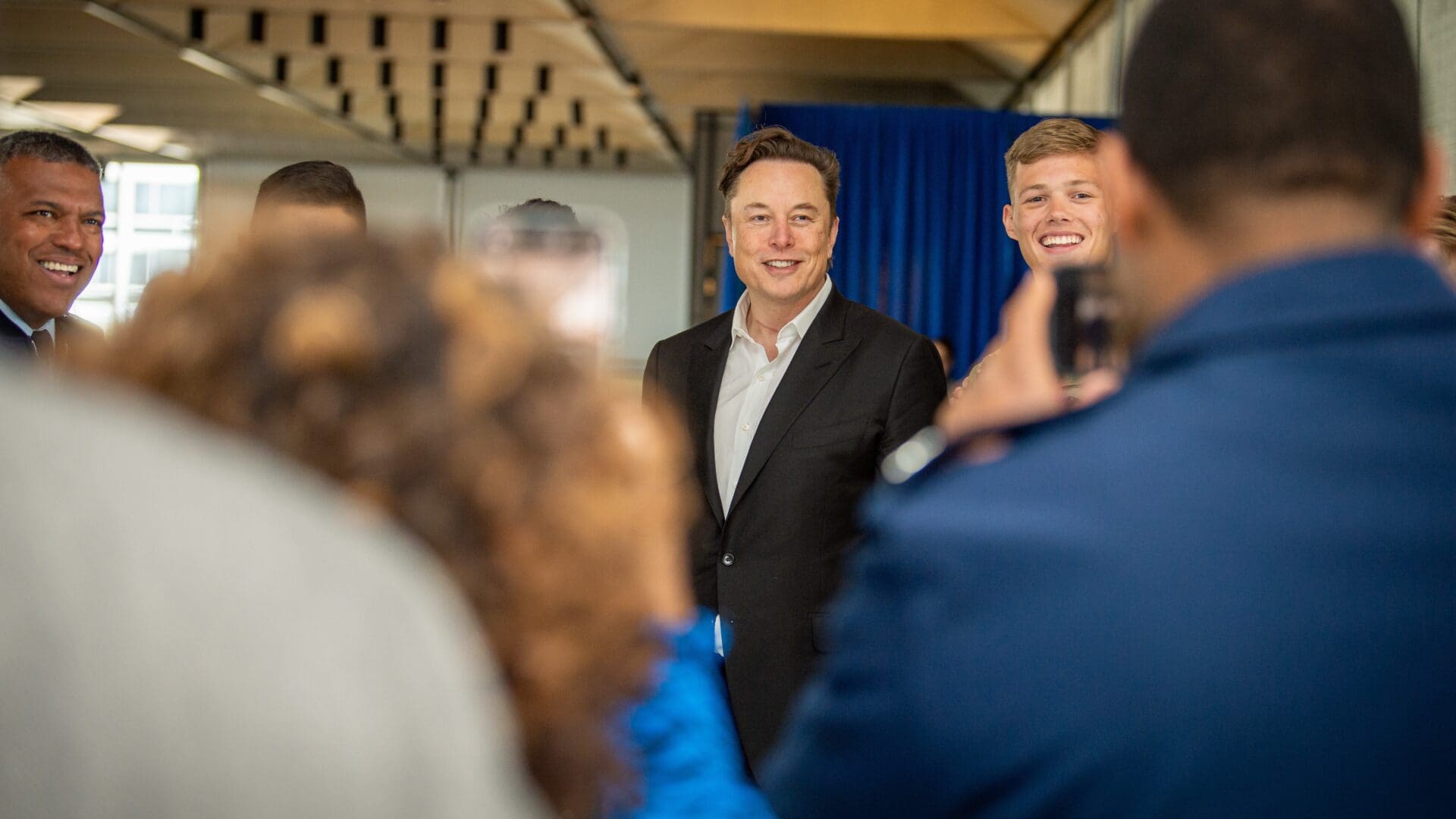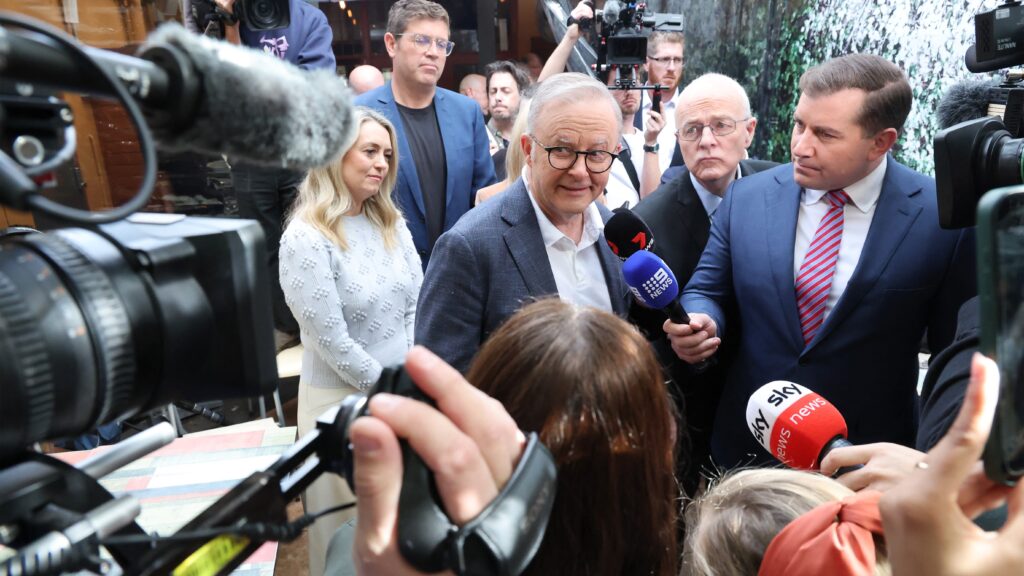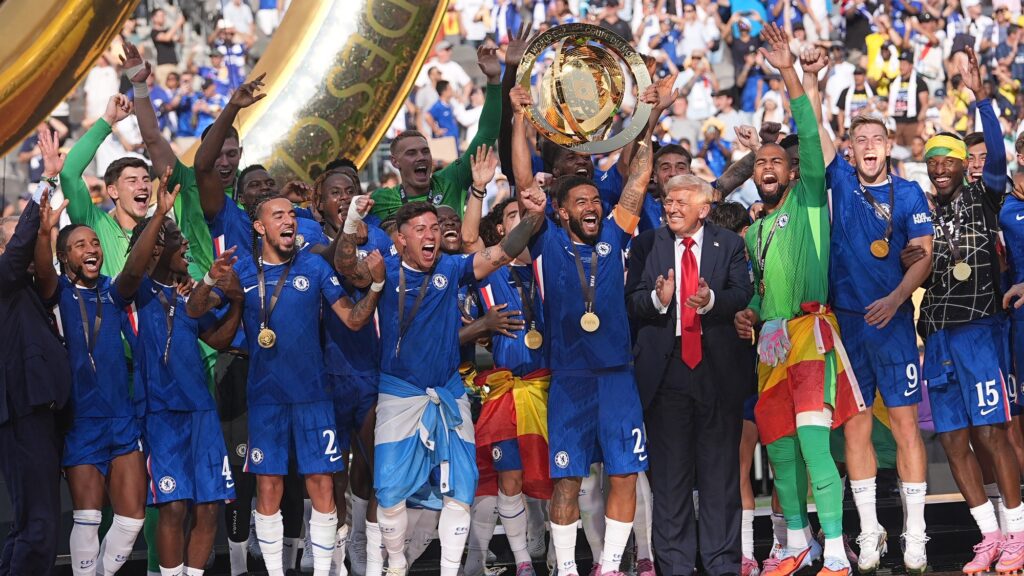Earlier this month, Elon Musk claimed that he’d had to ‘save Twitter from bankruptcy’ in the last three months. Befittingly, he made this statement in a tweet responding to an article about himself by The Wall Street Journal. He also added that he does not wish the troublesome period on anyone, as he had to navigate through the headwinds while also performing his duties as CEO for two of his other companies, Tesla and SpaceX.
Last 3 months were extremely tough, as had to save Twitter from bankruptcy, while fulfilling essential Tesla & SpaceX duties. Wouldn’t wish that pain on anyone.
— Elon Musk (@elonmusk) February 5, 2023
Twitter still has challenges, but is now trending to breakeven if we keep at it. Public support is much appreciated!
In his short stint as the new head of the social media giant, he’s already done many things that go against the mainstream. He reinstated the account of Former President Donald Trump, and released a batch of internal documents known as ‘the Twitter files’ detailing the slimy connection between the old Twitter management and political actors, especially from the Democratic Party. Subsequently, many top advertisers reduced their spending on the platform (or pulled out completely), making Twitter’s total ad revenue plunge by 70 per cent, according to an estimation by Reuters.
Musk responded to the crisis by massively cutting the workforce in the overstaffed company. According to the numbers published by CNBC in January, the number of full-time workers at Twitter went down to 1,300. Meanwhile, when the South African-born billionaire took over, that same number was at 7,500… Since then, many other Silicon Valley giants followed suit in reducing their staff sizes. Meta made a 13 per cent cut in November, and is reported to be planning more. Meanwhile, Google’s parent company Alphabet Inc. introduced a six per cent, and Microsoft a five per cent reduction to their workforce.
There have also been attempts to increase subscription revenues for Twitter under Musk. They first unveiled a new plan in November where users had to pay $8 per month if they wish to remain or get verified. After some backlash, that plan was revamped to spare already-verified notable Twitter users the monthly fee to keep their blue checkmarks; while also adding features to new subscribers such as limited ads and the ability to post longer videos. A $1,000 per month gold checkmark for brands has also been rolled out.
These new initiatives seem to be working out, as Musk ended his tweet by saying ‘Twitter still has challenges, but is now trending to breakeven if we keep at it’. Since then, he also sent another enthusiastic tweet about newly completed improvements on his site.
More work team completed over night:
— Elon Musk (@elonmusk) February 12, 2023
– Removed height penalty affecting tweets with pics/video
– increased # of recommended tweets
– Better tracking of dropped tweets
– Removed filter causing false negatives
– Removed penalty if user follows author
– Improved reach of retweet
Elon Musk’s Approach to Free Speech and Content Moderation
Musk had professed multiple times his strong commitment to protecting free speech while his takeover bid of Twitter was unfolding. He has kept to his word so far: many prominent, earlier banned right-wing figures have since been reinstated on the platform. We’ve already mentioned the largest account, President Trump, but Canadian psychologist and author Jordan B. Peterson and the conservative news satire site The Babylon Bee have also got access to their accounts back. Why are they all right-wing? Well, because there were no prominent left-wing Twitter users to unban: as they typically had no trouble keeping their accounts under the previous management…
However, as for the advertisers’ concerns about content moderation, in some sense, Musk has been even more rigorous than his predecessors. Back in November, it was reported that Twitter had deleted around 45,000 accounts that were promoting sexual content involving children, relationships between children and adults, or non-consensual nudity in India.
Prior to the takeover, the so-called ‘MAP (Minor Attracted Person) community’ had a prominent presence on Twitter, even if they faced significant opposition, as a collective effort by paedophiles to be included in the LGBTQ groups. These days, thankfully, their formerly preferred tags such as ‘#mappositivity’, ‘#maprights’, or ‘#mappride’ are dominated by anti-MAP messages, and tweets supporting the vile movement are scarce even on those tags.








